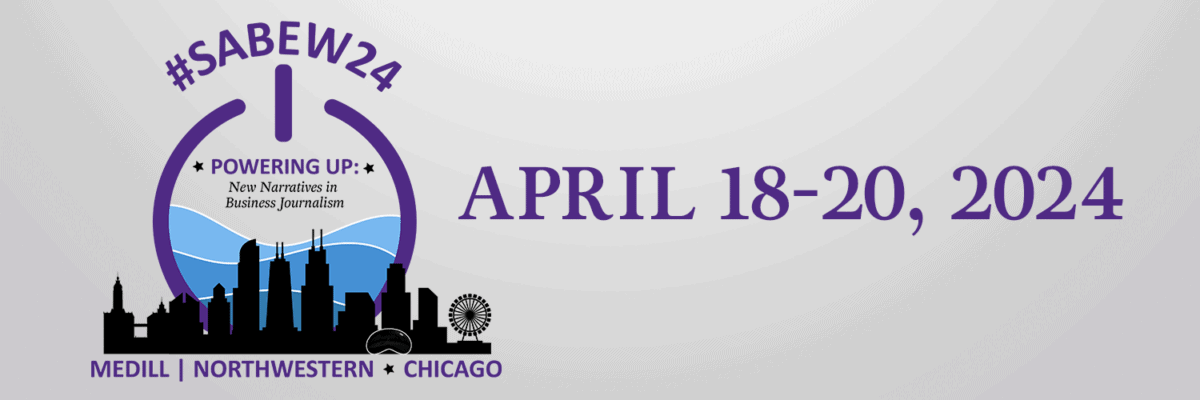By Lily Pryor
Tate Hunda, a fourth-year pre-veterinary student at the University of Georgia, said he has more financial freedom thanks to his scholarship through the Foundation Fellowship program.
“The Fellowship basically makes it so that I can attend my undergraduate degree for free,” said Hunda. “As I look forward, my next step is going to be veterinary school. I will, of course, be taking out loans to pay for it but I don’t have to necessarily worry about the loans and things that I take out because I’m not adding them onto undergraduate debt.”
Scholarship applications are often daunting, but the results from winning one can change a student’s college experience, Hunda said. His program, for example, provides for experiences outside of the university.
“We get the opportunity to do these really awesome immersion trips in international lands for two of our years,” said Hunda, who was preparing for a spring break trip to Morocco that has since happened.
Hunda believes that being yourself is key to getting a scholarship like he did. “Lean into your experiences that have helped make you who you are,” he said.
Sara Freeland, who oversees several offices dealing with scholarships as director of communications for UGA’s Office of Instruction, echoed a similar sentiment. “Narrow it down to what makes you a very interesting or unique candidate and go from there,” she said.
Freeland acknowledged that applying for scholarships can be overwhelming, but said students should not go through the process alone.
“Go talk to your guidance counselors about what opportunities they think would be a good fit for you,” said Freeland.
Hunda recognized how students often feel as though they have not done enough to be considered for the scholarships for which they are applying.
“Imposter syndrome is a very real thing, in my opinion, and I try to help those younger students understand that they’ve put in work and they’ve earned their seat at the table,” said Hunda. He thinks that overcoming these feelings is key to students’ success in the process.
Freeland said essays are one of the crucial components of scholarship applications. “When you’re doing scholarship essays, that’s really the time to show off. It’s not the time to be humble on a scholarship application. You want to brag. You want to be the best candidate out there,” she said.
Students should showcase themselves in their essays with compelling storytelling, she said. “Be very, very vivid and tell a story. Tell a story that the scholarship reader is going to remember, a very specific story and I feel like you’re going to have a better chance,” said Freeland.
Hunda said he benefited from visiting his counselor in high school who provided specific advice about the essay. “If you were to drop your essay in a crowded hallway and somebody were to pick it up and read it, they should know that it’s about you, specifically,” said Hunda.
Hunda held that authenticity is the best strategy for being noticed. “Don’t be afraid to talk about the fact that you’re from South Georgia and that your family has a farm, or that your parents are immigrants and their views on the world have shaped who you are,” said Hunda.
Lily Pryor is a journalism student at the University of Georgia.






